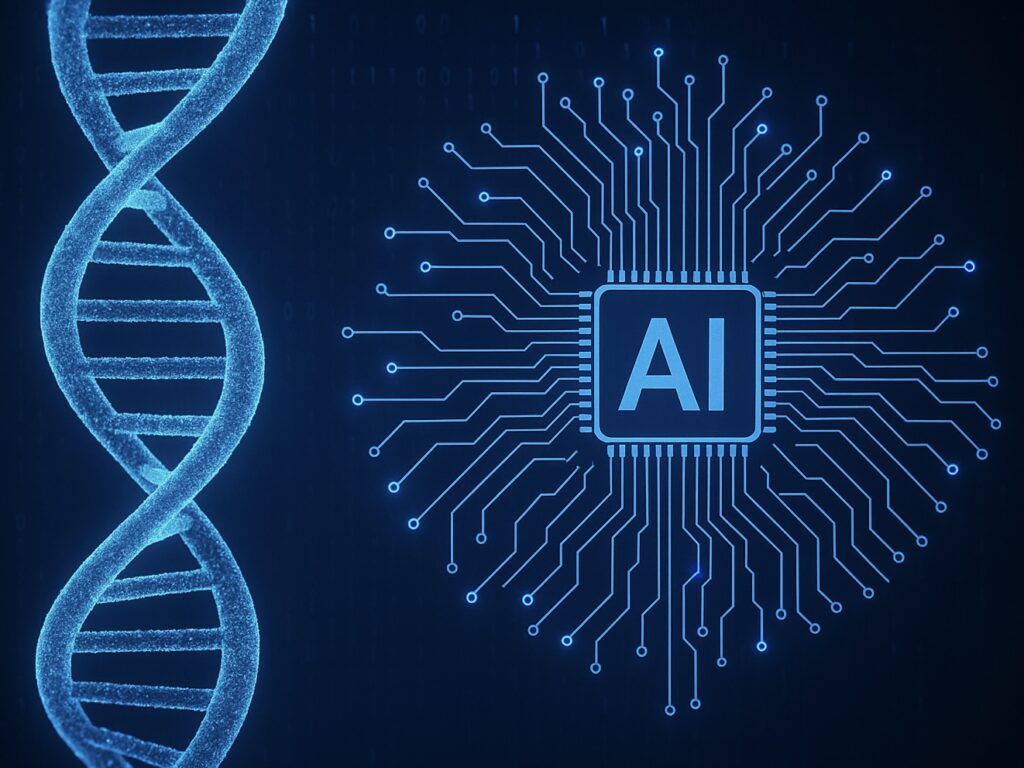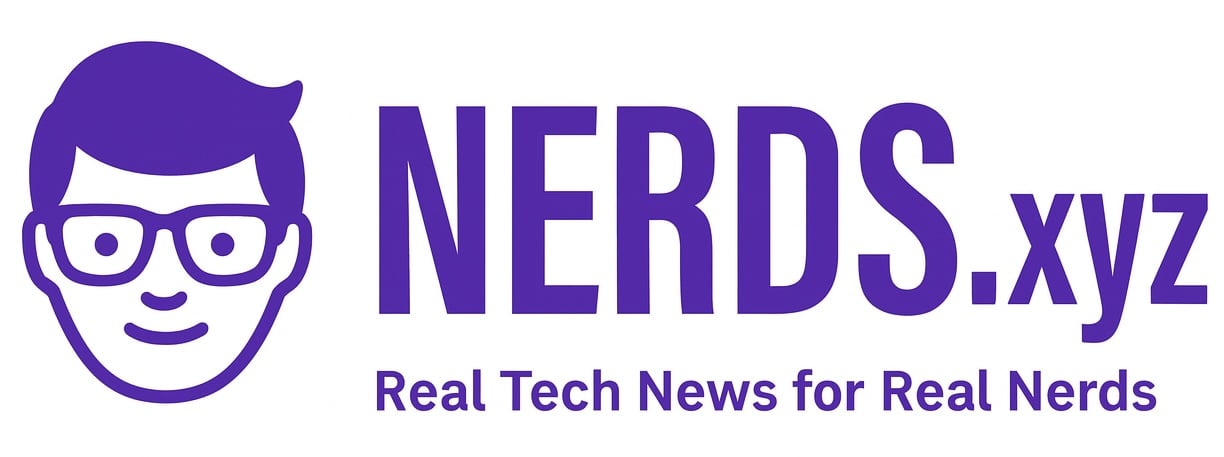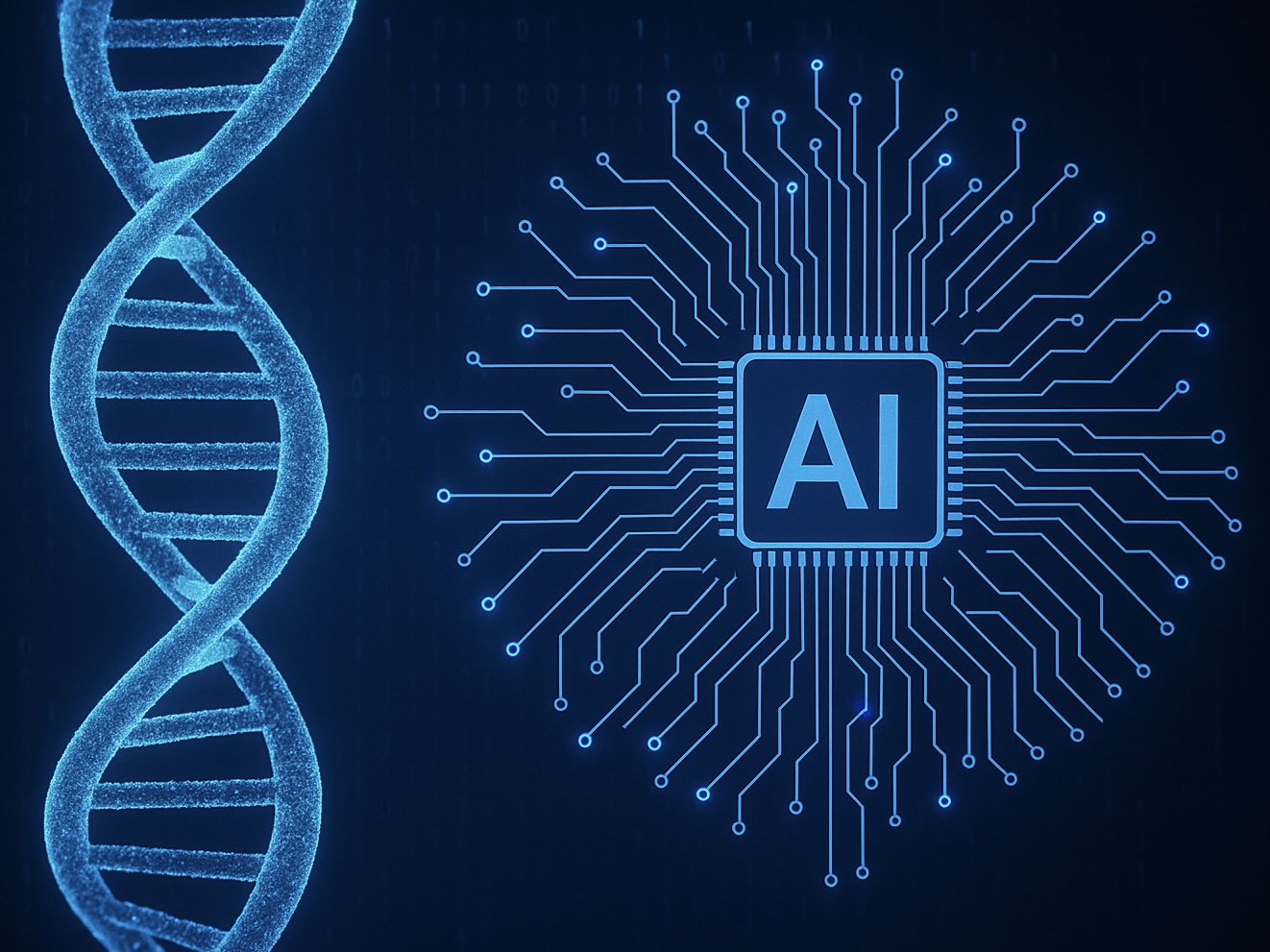
Diagnosing rare genetic diseases is often a slow, frustrating process for patients and families. Whole genome sequencing has helped doctors dig deeper into genetic causes, but the data is massive and difficult to interpret. Even with advanced tools, fewer than half of cases initially receive a diagnosis, and reanalysis can take months or even years. Microsoft Research, working with Drexel University and the Broad Institute, thinks AI could change that.
You see, the Windows-maker has published a study in the ACM Transactions on Interactive Intelligent Systems journal outlining a prototype AI assistant designed to support genetic professionals. The idea is not to replace human experts but to help them sort through overwhelming amounts of genetic data, prioritize cases for reanalysis, and synthesize findings more efficiently. If done right, this kind of system could speed up diagnoses, reduce backlogs, and ultimately improve the quality of life for people living with rare diseases.
Rare diseases affect up to half a billion people worldwide. Getting an answer can mean years of uncertainty, countless lab tests, and invasive procedures. Whole genome sequencing compares a patient’s DNA with reference genomes to identify potential disease-causing variants. But genetic analysts face a daunting task: filtering through over a million variants per case and deciding which ones matter. That is where sensemaking comes in, the process of searching, filtering, and synthesizing all this data into something doctors and patients can actually use. It is time-consuming, prone to human error, and creates bottlenecks that leave many cases unresolved.
Microsoft’s research team conducted in-depth interviews with 17 genetics professionals, then co-designed an AI assistant prototype with them. The study identified three major challenges: information overload, inefficient collaboration, and the difficulty of knowing when to reanalyze unsolved cases as new scientific evidence emerges.
The proposed AI assistant takes aim at these pain points. For example, it could automatically flag unsolved cases that might benefit from new research or pull together updated scientific findings into a digestible summary. It could also streamline collaboration by letting multiple experts edit and verify AI-generated reports.
The researchers argue that while generative AI can create useful artifacts, the key is trust and explainability. Analysts need to see which parts of AI output are verified by peers, track edits, and clearly understand when and why cases are flagged. Without that, the danger is over-reliance on AI that might still miss or misinterpret critical details. This cautious but collaborative approach suggests Microsoft is aware of the risks as well as the potential benefits.
Of course, this is still early research. The assistant has been prototyped and tested with experts in design sessions, but real-world trials are still to come. Future testing will focus on how the tool actually integrates into live workflows and whether it meaningfully reduces the time to diagnosis. The challenge is not just building AI that can process data, it is designing AI that genetic professionals actually want to use.
Microsoft’s project highlights a broader truth about AI in healthcare. It is not enough to throw compute at a problem. AI systems need to solve the right problems, fit into existing workflows, and provide value without overwhelming doctors with more noise. If Microsoft and its partners can achieve that, AI could become a trusted partner in the fight against rare diseases. If not, this will be yet another AI project that never makes it past the lab.
For now, patients are still waiting for answers. The promise is there, but the execution will determine whether AI can actually shorten the diagnostic odyssey that too many families endure.


